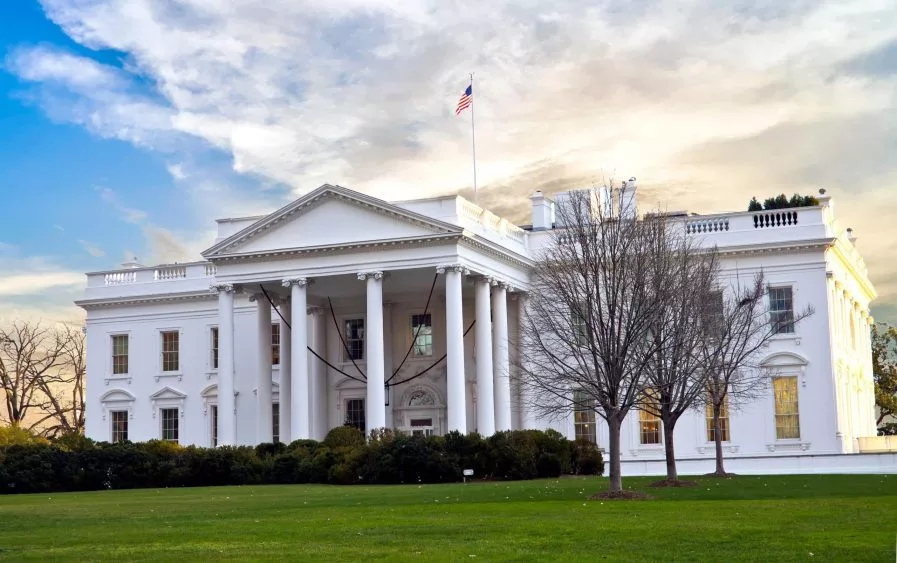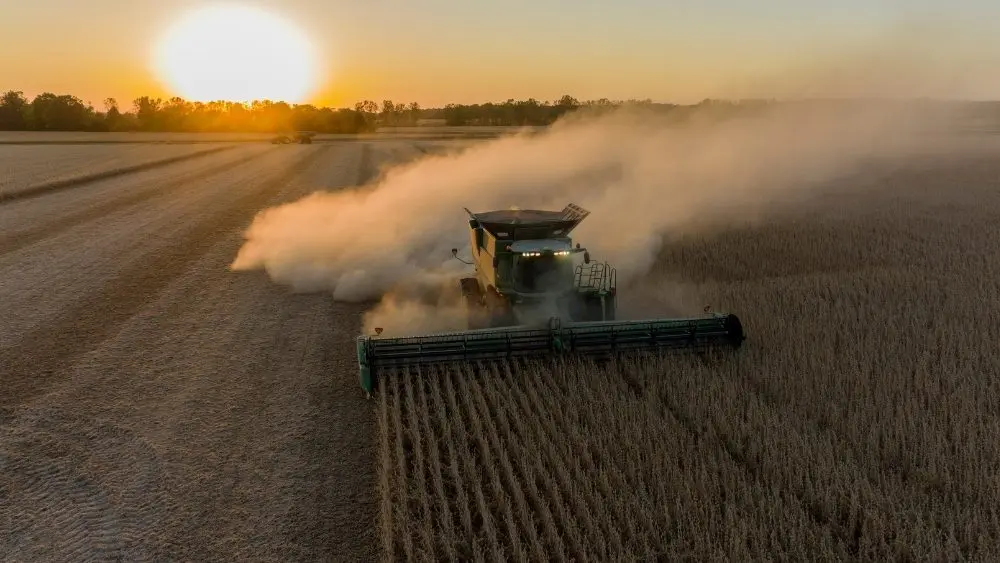
Story by Jesse Allen and Corryn La Rue
(WASHINGTON D.C.) — On Thursday, the Make America Healthy Again (MAHA) Commission released its long-awaited report at the White House. The report, according to the commission and the Trump Administration, is a call to evaluate the many reasons American families, particularly children, face high rates of chronic health issues, and it encourages additional research and education on diet, environmental exposures, lack of physical activity, and overmedicalization.
According to a report from CBS News, Thursday’s release is the first in a process laid out by President Trump’s executive order in February. By August, the commission is due to follow up with a policy strategy to address the findings raised in this report. Lee Zeldin, administrator of the Environmental Protection Agency, told CBS News that the Trump administration was not seeking “a European, mandate-driven regulatory system that stifles growth” as a result of the process.
You can view the full MAHA Report here: https://static01.nyt.com/newsgraphics/documenttools/fd441e56ad4bcf36/2f18e38b-full.pdf
Upon the release of the report Thursday, many agriculture groups are voicing their concerns about the contents of the report and what it could mean for U.S. production agriculture and the use of various crop protection tools. In a statement, the National Corn Growers Association said in part that “The Make America Healthy Again Report is filled with fear-based rather than science-based misinformation about pesticides. We are deeply troubled that claims of this magnitude are being made without any scientific basis or regard for a long history of EPA expert evaluations of these products.”
The American Soybean Association strongly rebukes the Make America Healthy Again Commission report for being brazenly unscientific and damaging to consumer confidence in America’s safe, reliable food system. Should the administration act on the report—which was drafted entirely behind closed doors— ASA says it will harm U.S. farmers, increase food costs for consumers, and worsen health outcomes for all Americans. ASA Director and Regulatory Committee Chairman Alan Meadows said in a statement provided to American Ag Network that “Both farmers and members of Congress tried to warn the administration that activist groups were trying to hijack the MAHA Commission to advance their longstanding goal of harming U.S. farmers. Reading this report, it appears that is exactly what has happened.”
Farmers represented by ASA are disturbed the MAHA report contains recommendations that are not at all grounded in science and seem to advance the agenda of food elitists and activist groups that have long sought to undermine U.S. agriculture. These developments are even more troubling after Health and Human Services Secretary Robert F. Kennedy, Jr. falsely assured members of Congress earlier in the week of the report’s release that, “there is not a single word in [the report] that should worry the American farmer.”
A third-party economic study released in April and conducted on behalf of American Soybean Association and the United Soybean Board found that removing seed oils from the food supply could increase consumer costs for edible fats and oils by as much as 42%. ASA calls on President Trump, who has long been a friend of farmers, to step in and correct the Commission’s deeply misguided report.
According to a release from the Modern Ag Alliance, they say the report raises the possibility that the federal government could take a position to restrict farmers’ access to these essential inputs, undermine existing science-based frameworks, and ultimately jeopardize the affordability and security of America’s food supply.
“Farmers are already facing a host of challenges—uncertainty about their access to critical crop protection products shouldn’t be added to the list,” said Elizabeth Burns-Thompson, Executive Director of the Modern Ag Alliance. “Crop protection tools are not only safe, they are essential to food security, affordability, and the survival of family farms all across this country. Losing access to these critical inputs would be a devastating setback to American agriculture.”
Pesticides are rigorously reviewed by the U.S. Environmental Protection Agency (EPA), which boasts one of the most stringent review processes for these products in the world. In the case of glyphosate—one of the most thoroughly studied products of its kind—more than 1,500 studies and 50+ years of review by the EPA and other leading global health authorities have affirmed its safety when used as directed. The MAHA Commission’s report, however, leans on many previously discredited studies and reports, including from the World Health Organization, from which the United States recently announced its withdrawal.
If the MAHA Commission’s report drives future policy decisions that do end up restricting farmers’ access to these critical tools, the consequences for American agriculture would be severe. For example, without glyphosate—the most widely used weed-fighting tool by U.S. farmers—crop yields would decline, input costs would surge by 150%, and food inflation would more than double. The Modern Ag Alliance’s most recent Ag Insight Survey found that Americans are deeply concerned about these potential outcomes and overwhelmingly support science-based policies that preserve access to crop protection tools.
“We’ve already seen the disastrous effects of policies like those that have been contemplated by certain leaders of the MAHA Commission,” said Burns-Thompson. “When Sri Lanka prohibited the use of synthetic pesticides and fertilizers in 2021, crop yields fell by over 50%, forcing the government to import massive amounts of food just to meet basic needs. We should be focused on moving American agriculture—and the country—forward.”
Stay tuned for further updates on this developing story.
SOURCES: NCGA News Release, ASA News Release, Modern Ag Alliance News Release



